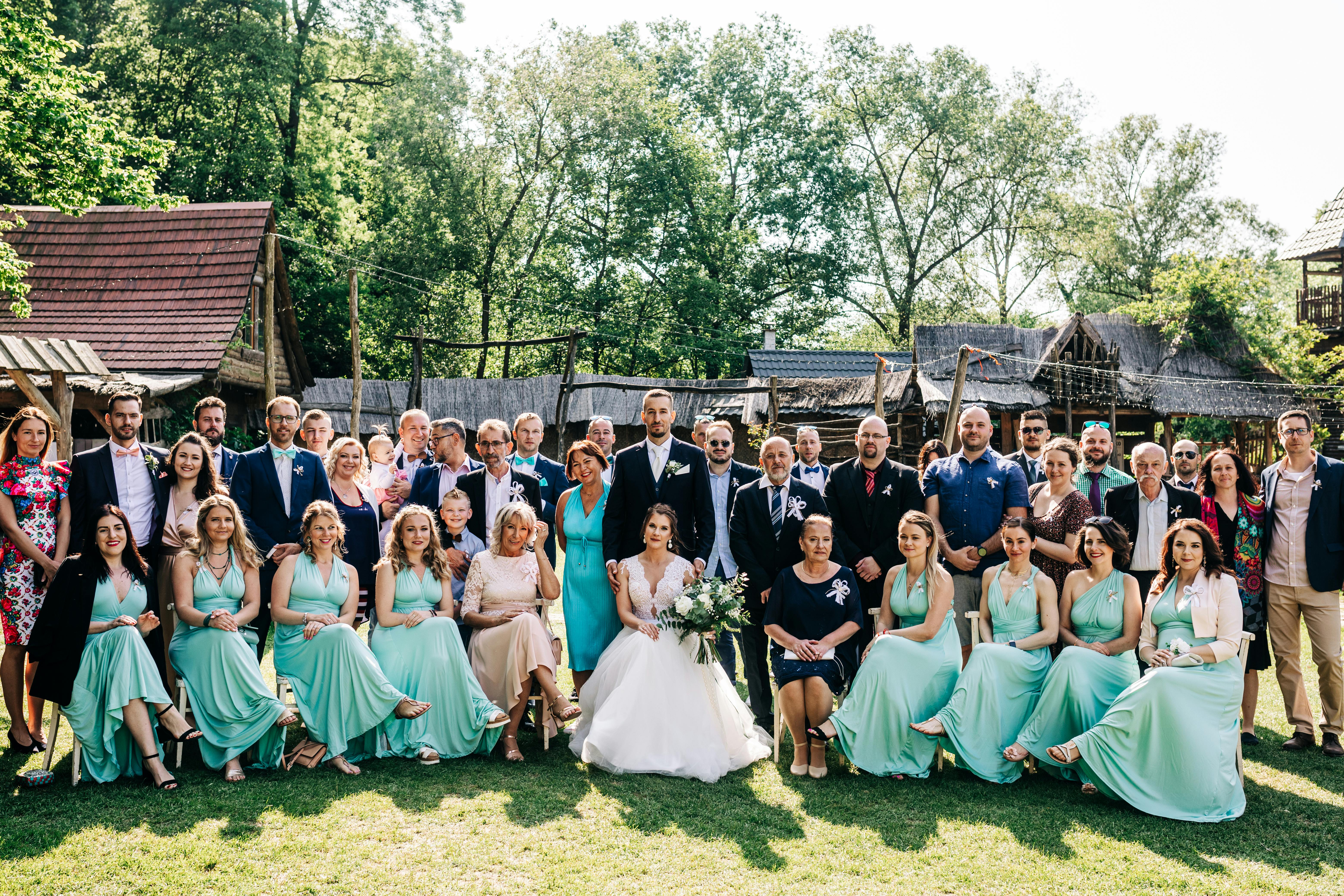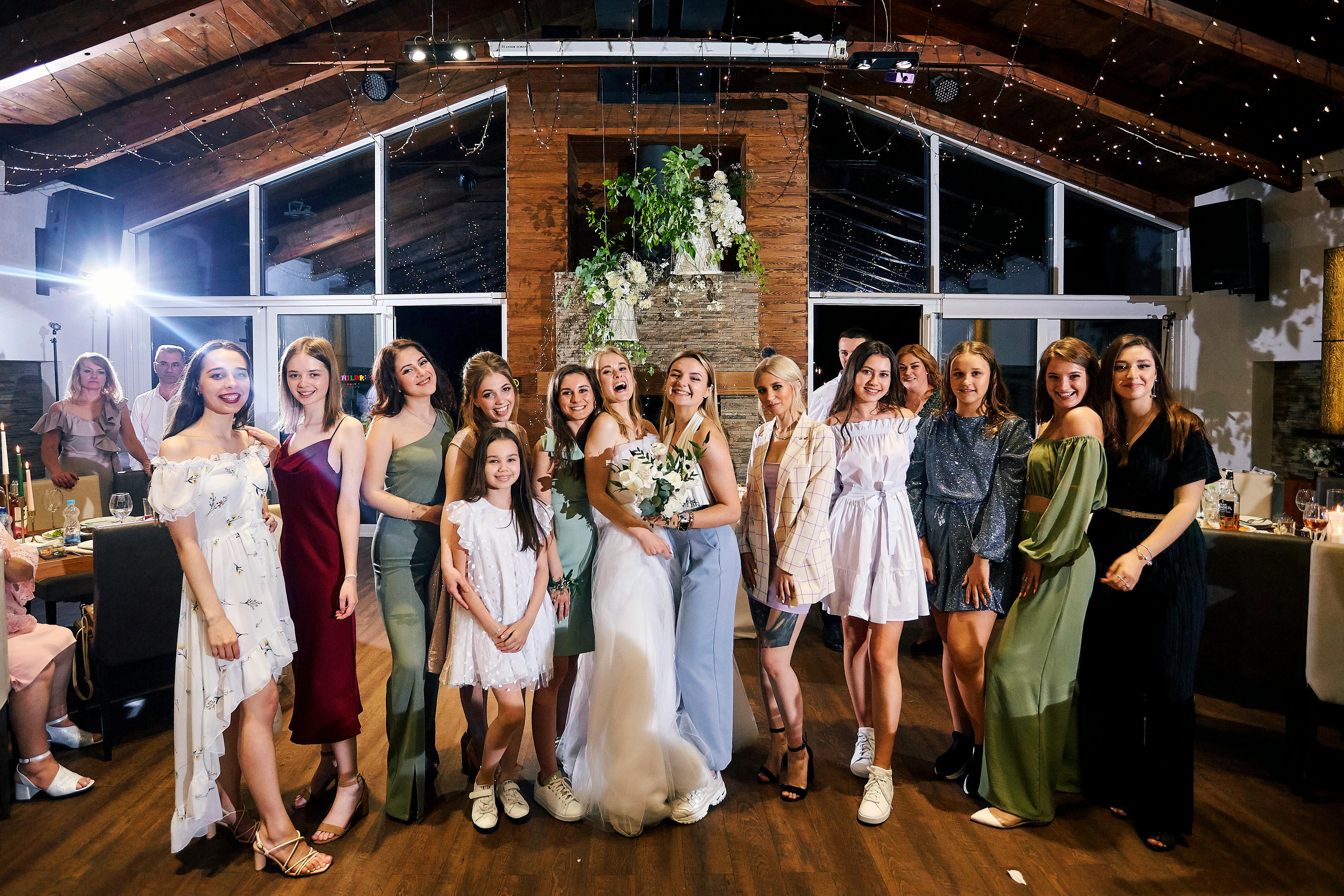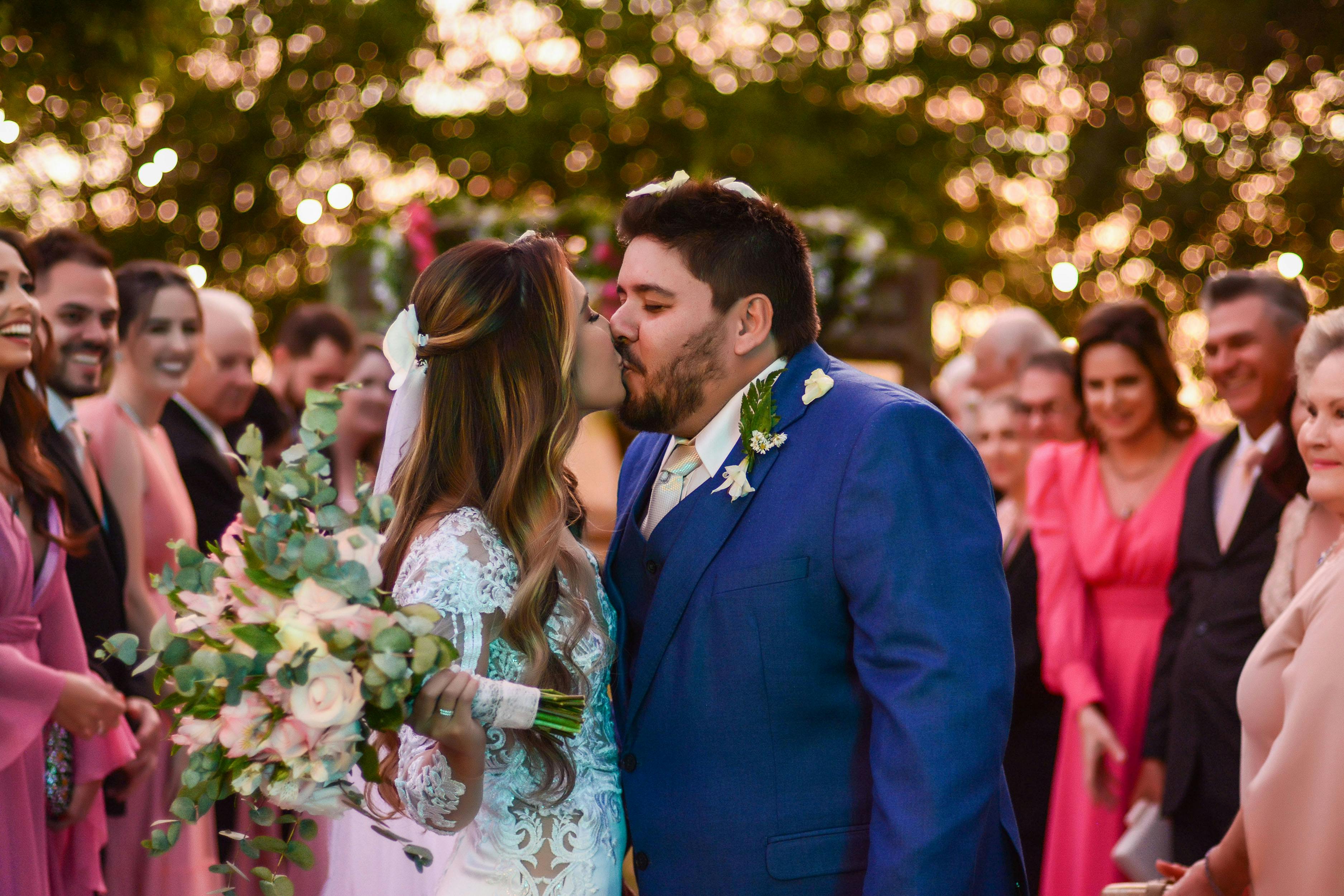How to Create the Perfect Wedding Guest List, Step by Step

One of the biggest wedding day challenges in the modern world is understanding how to cut the guest list without destroying friendships. Sure, you want to do everything you can to keep up with costs like catering and seating — but you also do not want to argue with your future mother-in-law about the importance of not inviting her old coworker’s boyfriend. And, when you start pooling your social circles with your partner, the numbers can shoot up quickly.
So how do you cut back the list without giving offense? Fortunately, there are some tried-and-tested ways to make the whole thing a bit easier. To help you narrow down your list and pick out who’s, yes, deserving but also who’s going to enhance your big day – we chatted with etiquette expert Clarissa Wynn, to get her best advice (and a few people you can definitely avoid inviting).
Sneaky Tricks to Strengthen Your Guest List
If the idea of crafting a guest list makes you break out in a cold sweat, these practical tips will help you navigate it calmly and efficiently.

Divide the Count Fairly
Begin by setting the total number of guests, and then fill in the slots. According to Clarissa, there are two” main paths:
- Divide the list roughly into thirds: what you would like to do for you and your partner, your family and your partner’s family.
- Give 50% to the two of you as a couple, 25% to each of your families.
If you and your partner are covering the costs of the celebration, feel free to allocate a larger portion of the list to yourselves.
Consider Guest "Packages"
There will be some people you’ll just know you’ll want to include — the partner of your officiant, especially if it’s a relative or friend of yours, the parents of any children in your ceremony, and the spouses or live-in partners of any of your invited guests.
Create a Plus-One Policy
For friends who are at various stages of relationships, you must establish a line. Clarissa recommends drawing a clear line: perhaps, couples of six months or longer, which get a plus-one. Just keep your rule, whatever you pick.

Set a Clear Policy for Kids
If your plan is to have an adults-only wedding, be up front and be consistent. “A general rule of thumb is to only invite children, say, from 14 years old and up,” says Clarissa. If you need to make an exception, explain in advance to the relevant parents.
Consider Past Invitations
Have you been to a friend’s wedding recently? This would almost surely be an issue at some point down the line, even if it didn’t concern sharing the cost (and it may well) or the size of the space, etc., for her wedding. “If your wedding is going to be similarly size and you want to invite mutual friends, it’s the polite thing to do to return the invitation.” If you’re having a smaller affair, be upfront — they’ll probably appreciate efforts not to lie about their gift.
Skip the B-List
So, tempted to round up a “just in case” list? Think again. And most people can tell if they weren’t part of the initial plan — and that can be hurtful. Don’t hire anyone just to fill a need.
Set a Response Deadline
If someone hasn’t R.S.V.P.’d by the invite date, call them. You need an accurate count and so does your caterer.
Who You Can (and Should) Cross Off the List
Looking to drive the numbers down? Here are the guests you can comfortably ignore.

Long-Lost Relatives
If you haven’t seen a relative in ages, you don’t have to invite that person. Your wedding is to celebrate with those closest to you — not to reunite your entire extended family.
Long-Distance or Long-Dormant Friendships
Contemplating including someone you haven’t talked to in forever, in hopes of reuniting? Your wedding isn’t the time. With all the guests to meet and your own fun to have, there won’t be time to reconnect with old friends, is there?
Casual Work Acquaintances
And just because you work with someone, doesn’t mean an invite is in order — particularly if you’re planning a more intimate event. You can have drinks with your colleagues afterward.
Guests From Weddings Past
You don’t have to invite someone just because this person invited you years ago. It’s fine to let them fall by the wayside if you’re no longer close.
Neighbors
Even if you live next door, you shouldn’t necessarily expect an invitation to dinner. If you’re not truly close, it’s O.K. to skip them. If you are uncomfortable, subtly stating that you are planning a small wedding is one way to alleviate that.

Notoriously Rowdy Friends
We can’t help it, we all have that friend who perhaps gets a bit too wild at the parties. If you’re worried they’re going to make a scene, you could make the choice to not invite them — or at least carve out expectations beforehand. Additional security can also be hired to make sure things are peaceful.
Guests With Children
Opting for an adults-only policy is one surefire way to cut down your guest list fast. Some parents might actually take it as the opportunity to have a night out anyway.
Plus-Ones You’ve Never Met
You don’t have to give plus-ones to out-of-town guests; if someone is bringing a date you’ve never met and you don’t know that guest is in a serious relationship, you’re not on the hook. The exception? If it is someone significant to your friend or family member and the only thing standing in the way of having met is physical distance.
Friends of Your Parents or In-Laws That You Haven’t Met
The practice of requesting guest slots for your friends — especially if they’re helping to pay for the wedding — is common among parents, but if you’ve never met the person, you can say no. Certainly there are exceptions, such as your father-in-law’s long-time business partner.


